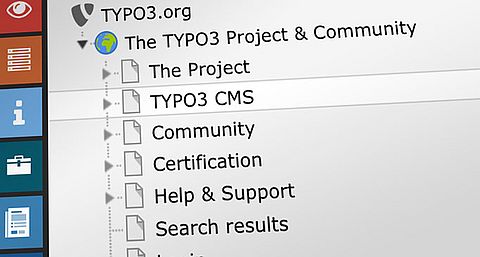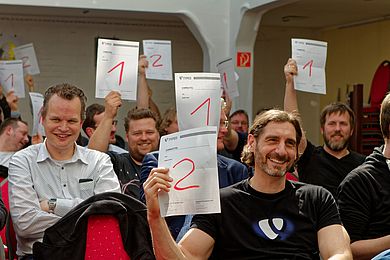Travel, Lodging, and Food
Given the budget owner’s approval, the TYPO3 Association reimburses travel and lodging expenses, for real and practical participation in a TYPO3-related activity. The expenses should cover travel with the best price/time ratio, on the most environmentally friendly means of transportation, in the lowest service class, from a person’s home to their destination, and back.
Flying distances shorter than 300 km one way is a big “no”. Using your private car is allowed at EUR 0.30/km, maximum EUR 220. More private car rules in section 2.g.
Hotel rooms are reimbursed at maximum EUR 130/night. To save money, some teams do group bookings and share rooms. Don’t book hotel rooms in Düsseldorf, Germany. TYPO3 has special rates there, so contact your budget owner instead. Further details in section 2.k.
Food is only reimbursed if it’s an inclusive hotel breakfast or a reasonably-priced group meal at a sprint. See section 2.l.




